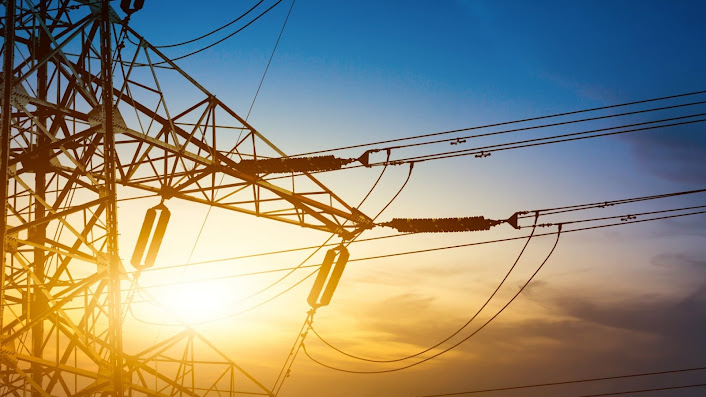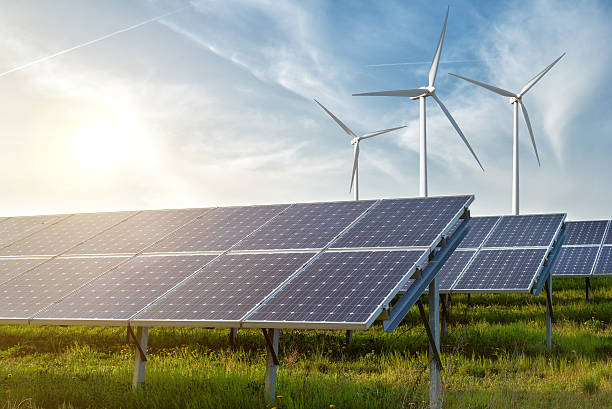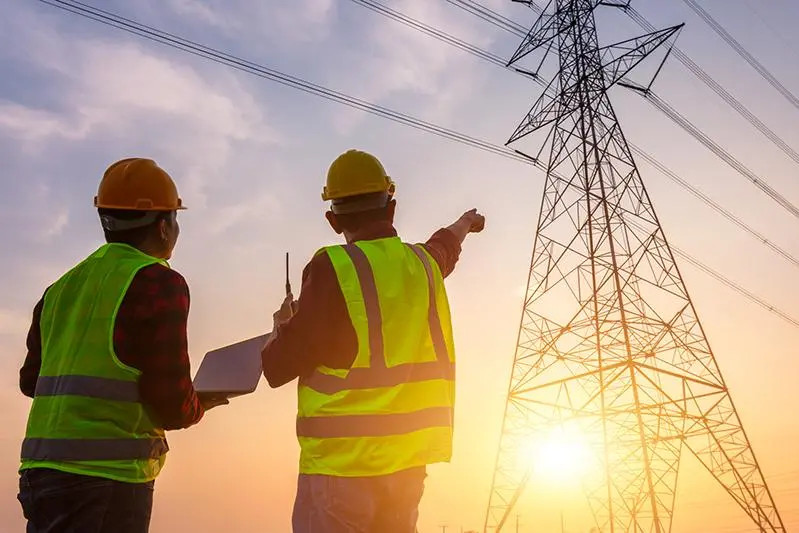The Federal Government of Nigeria has unveiled an ambitious plan to increase the country’s grid capacity by an additional 4,000 megawatts (MW) by the end of 2026, signaling a renewed commitment to addressing the nation’s power challenges.
This initiative, spearheaded by the Minister of Power, Adebayo Adelabu, is part of a broader strategy to revitalize the energy sector and enhance electricity access across the country.
Minister Adelabu emphasized the government’s determination to expedite the grid expansion process through partnerships with reputable Engineering, Procurement, and Construction (EPC) companies.
“The strategic decisions aim to increase grid capacity by an additional 4,000MW by the end of 2026, with an aspirational target of an additional 2,000MW, as directed by the Economic Management Team in 2024.”
Mr. Adebayo Adelabu, Minister of Power
The initiative has received the backing of President Bola Ahmed Tinubu, who approved the distribution scope to be executed by EPC companies with proven technical and financial capabilities.
Mr. Adelabu highlighted the importance of this collaboration, noting that it would ensure the timely and efficient delivery of the project.

Mr. Adelabu noted that the renewed vigor under the Tinubu-led administration has revived the Siemens Power Project, which had suffered delays and stagnation since its conceptualization.
“No significant progress was made on the project until the present administration came into office.
“The achievements recorded since May 29, 2023, are testaments to a focused and determined government agenda.”
Mr. Adebayo Adelabu, Minister of Power
One of the most tangible outcomes of the revived initiative has been the successful installation and commissioning of 10 power transformers and 10 mobile substations in key locations nationwide. This was achieved under the pilot phase of the PPI, completed in October 2023.
These installations are part of a broader roadmap to modernize Nigeria’s transmission and distribution network, ensuring that electricity generated reaches consumers efficiently and reliably.
Under the pilot phase of the PPI, significant milestones have already been achieved. In October 2023, the government successfully installed and inaugurated 10 power transformers and 10 mobile substations across the country.
These installations have laid the groundwork for the main phase of the PPI, which commenced in 2024 and aims to deliver even greater results.
Nigeria’s Transmission and Power Supply

The Federal Government Power Company has also made strides in boosting the nation’s transmission capacity. Several transmission projects have been executed nationwide, collectively increasing the transmission wheeling capacity by over 700MW.
This development has had a tangible impact on electricity supply, benefiting industrial clusters, businesses, universities, and residential areas.
“There is no doubt that the Siemens project has witnessed significant improvements since the inauguration of this administration.”
Mr. Adebayo Adelabu, Minister of Power
He added that the progress made since May 29, 2023, reflects the government’s focused and determined agenda to transform the power sector.
While acknowledging the efforts of previous administrations, Adelabu maintained that the Tinubu-led government has redefined the trajectory of the PPI with clearer timelines and robust implementation strategies.
He reaffirmed the Ministry’s resolve to deliver measurable results that would enhance power access and reliability across Nigeria.

“There is no doubt that the achievements recorded so far are testaments to a focused and determined government agenda.”
Mr. Adebayo Adelabu, Minister of Power
Adelabu also highlighted the importance of sustaining momentum and ensuring that the gains made under the current administration are not only preserved but also built upon.
With over 85 million Nigerians still lacking reliable access to electricity, the Federal Government’s renewed approach—anchored on the revitalized Siemens Power Project—represents a significant step toward addressing Nigeria’s energy deficit.
As the country targets an additional 4,000MW by 2026, all eyes are on the Ministry of Power to translate policy into performance and deliver lasting impact for millions of Nigerians.
READ ALSO: Mahama’s Climate Ministry Earns Praise, Sparks Urgent Policy Demands





















